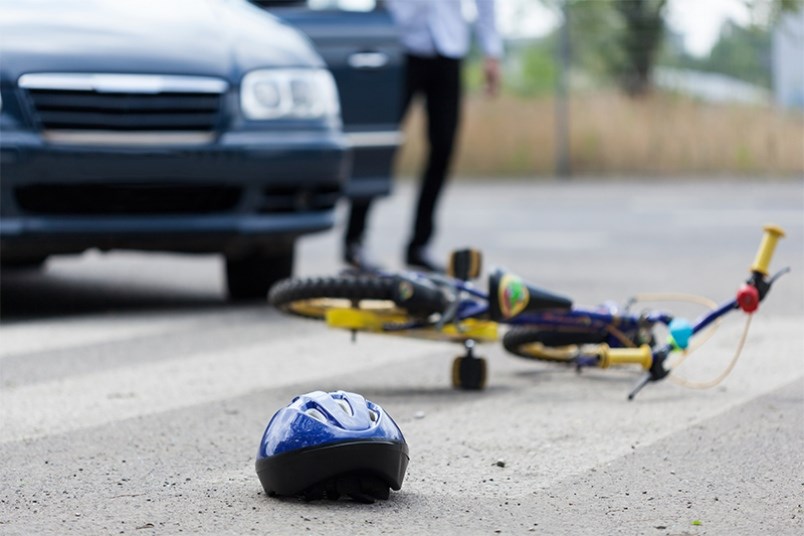Kudos to a Port Moody group that is trying to change the driving culture.
Port Moody Active Transportation Committee's recommendations for more enforcement, warning beacons near busy crossings and separated bike lines deserve support.
But perhaps the group should also be advocating for a 30 km/h speed limit on all residential streets without centre lines — the streets citizens use to get to school, shopping and parks, often by walking.
It’s time to change the culture and make safe driving, not convenience, the most important factor in getting around.
A similar call to action was made in 2016 by provincial health officers in a road safety report that noted that 280 people are killed and another 9,000 are injured on B.C.’s public roads each year.
We have heard of too many victims in the Tri-Cities to be complacent.
And we agree with the health authorities that it’s time to change from the historical view that motor vehicle crash-related serious injuries are unfortunate but inevitable to one where safety is paramount.
This could mean changing the Motor Vehicle Act to make 30 km/h — the survivable speed for cyclists and pedestrians struck by a car — the default limit.
And cities don’t have to wait for the province to take action. In Vancouver, for instance, a city councillor is calling for the default to drop from the present 50 km/h for “local streets.”
Why not here in the Tri-Cities?
Some might see it as politically dangerous to challenge the status quo but it should be a number one priority for councils everywhere.
Locally, Coquitlam, Port Coquitlam and Port Moody councils have the ability to change the way people drive by turning residential areas into bubble zones of safety with slower speed limits, traffic-calming measures and signage that force cars to slow down as they exit off arterial roads.
Imagine if your neighbourhood were like a gated community, except without the gate, where cars were subjugated and pedestrians and cyclists were boss?
Could it be done? Could we take our car culture and radically re-order it to make safety over convenience the priority on side streets?
Nobody will take this seriously until citizens make a stink. So far, a handful of Port Moody residents are and similar safety groups need to be established in other other cities. Parents upset about speeding in school zones should be first to organize.
The time for action is not in some distant future. We don’t need to accept that a dead child, cyclist or senior on our roads is a fact of life.
It’s time to make a change, and it starts with this: People before cars.



